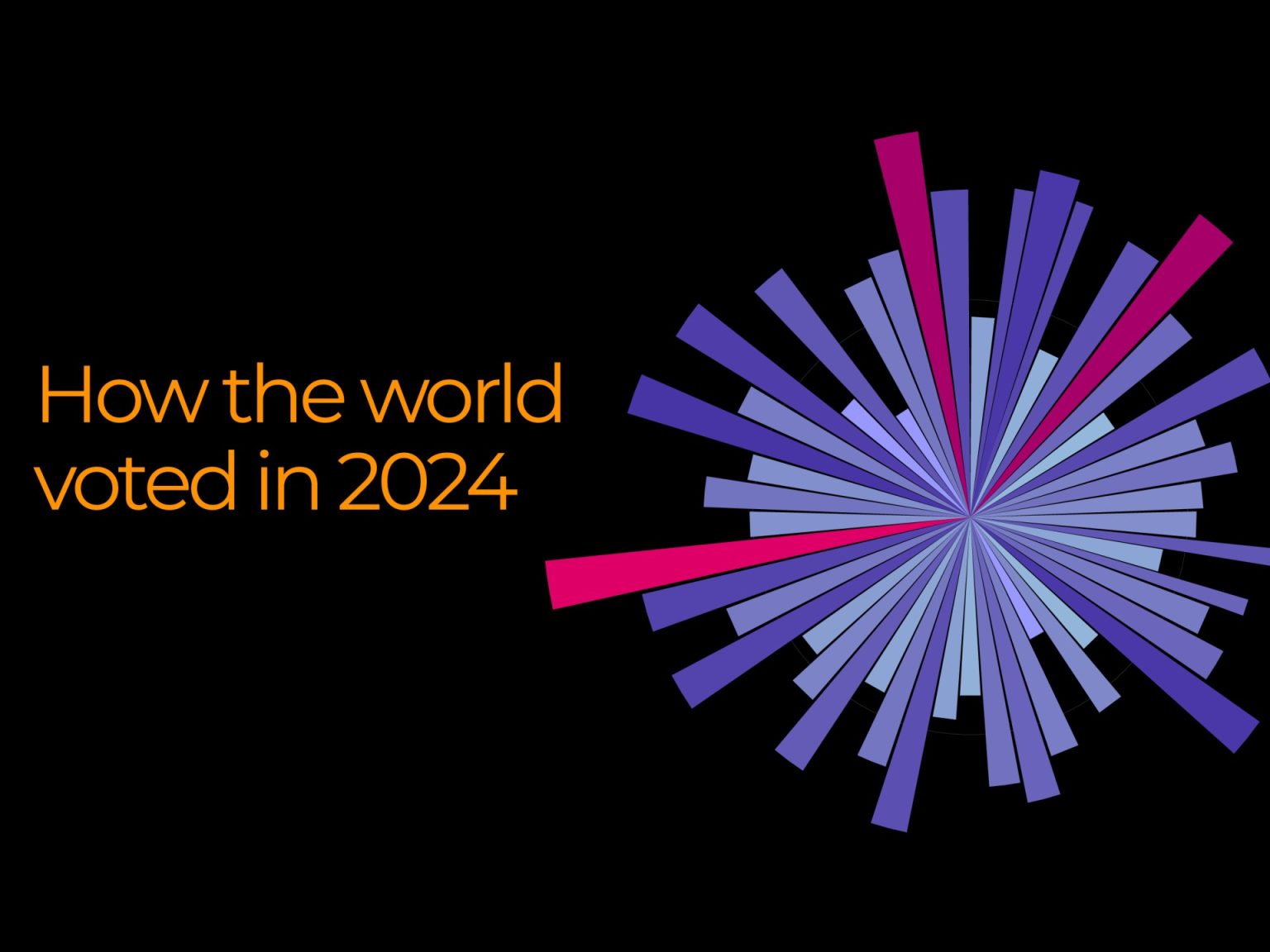In recent global elections, a significant number of countries saw the return of incumbent leaders, though some, like South Africa’s Cyril Ramaphosa and India’s Modi, came back to power with reduced numbers and coalitions rather than the larger majorities they previously enjoyed. In countries like Algeria, Azerbaijan, Belarus, Chad, Comoros, Croatia, Dominican Republic, Georgia, India, Lithuania, Pakistan, Russia, Rwanda, South Africa, Taiwan, Togo, Tunisia, and Venezuela, incumbent leaders either retained power or won re-election, often amidst controversy and allegations of electoral manipulation.
On the other hand, new leaders emerged in countries like Austria, Botswana, Bhutan, Iceland, Indonesia, Iran, Mexico, Portugal, Senegal, Sri Lanka, Tuvalu, the United Kingdom, and the United States. These new leaders often represented significant changes in their respective countries, with different political ideologies and visions for the future. For example, Austria’s far-right Freedom Party emerged victorious, while in Botswana, Duma Boko ended the ruling party’s 58-year grip on power. Bhutan saw a return for Tshering Tobgay, while Iceland’s snap elections led to Kristrun Frostadottir assuming the role of prime minister.
In some countries, the departure of long-standing leaders occurred, leading to significant political shifts. Bangladesh’s Sheikh Hasina resigned and fled to India amidst growing protests and calls for a change in leadership. In Syria, Bashar al-Assad was ousted after opposition forces took control of Damascus, ending the al-Assad family’s 50-year reign following a 13-year civil war. These changes marked a significant turning point in the political landscapes of these countries and represented the desire for new leadership and direction among their populations.
In many cases, incumbent leaders faced challenges such as allegations of electoral manipulation, protests, and opposition from within their own countries. As a result, the political landscape in these countries shifted, with new leaders and coalitions emerging to take their place. This reflects a broader trend of political change and transition taking place across the globe, as populations seek new voices and visions to lead them into the future. From Africa to Asia, Europe to the Americas, the world has witnessed a mix of continuity and change in its political leadership, reflecting the diverse challenges and aspirations of different nations today.
The emergence of new leaders in various countries signifies a shift in political dynamics and a growing demand for fresh perspectives and approaches to governance. Whether through elections or other forms of political change, the rise of new leaders highlights the evolving nature of global politics and the ongoing quest for effective and accountable leadership. As countries navigate economic and social challenges, the role of leadership becomes increasingly critical in shaping the future trajectory of nations and addressing the needs of their citizens. In this context, the global political landscape continues to evolve, with new leaders emerging to steer their countries through a complex and ever-changing world.


